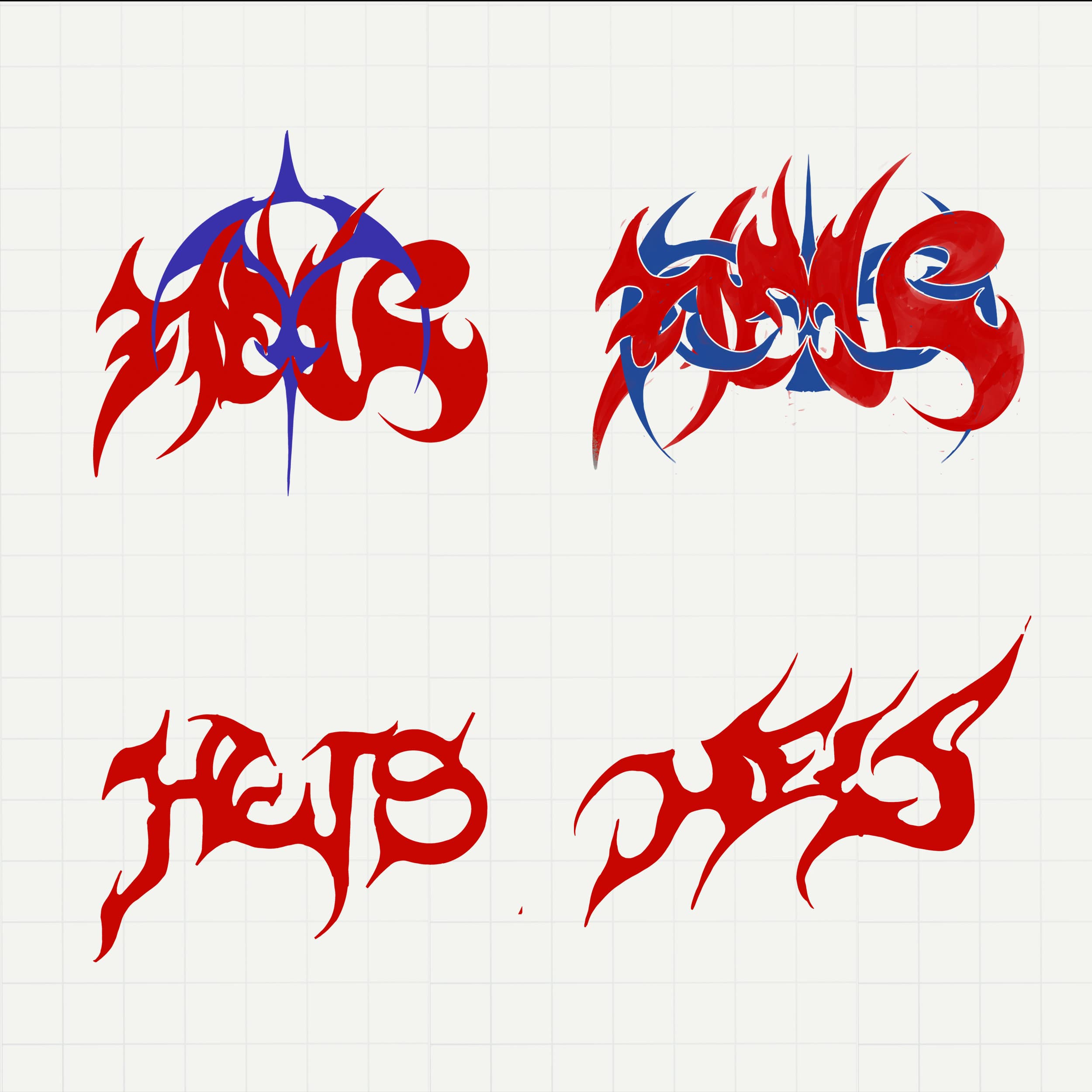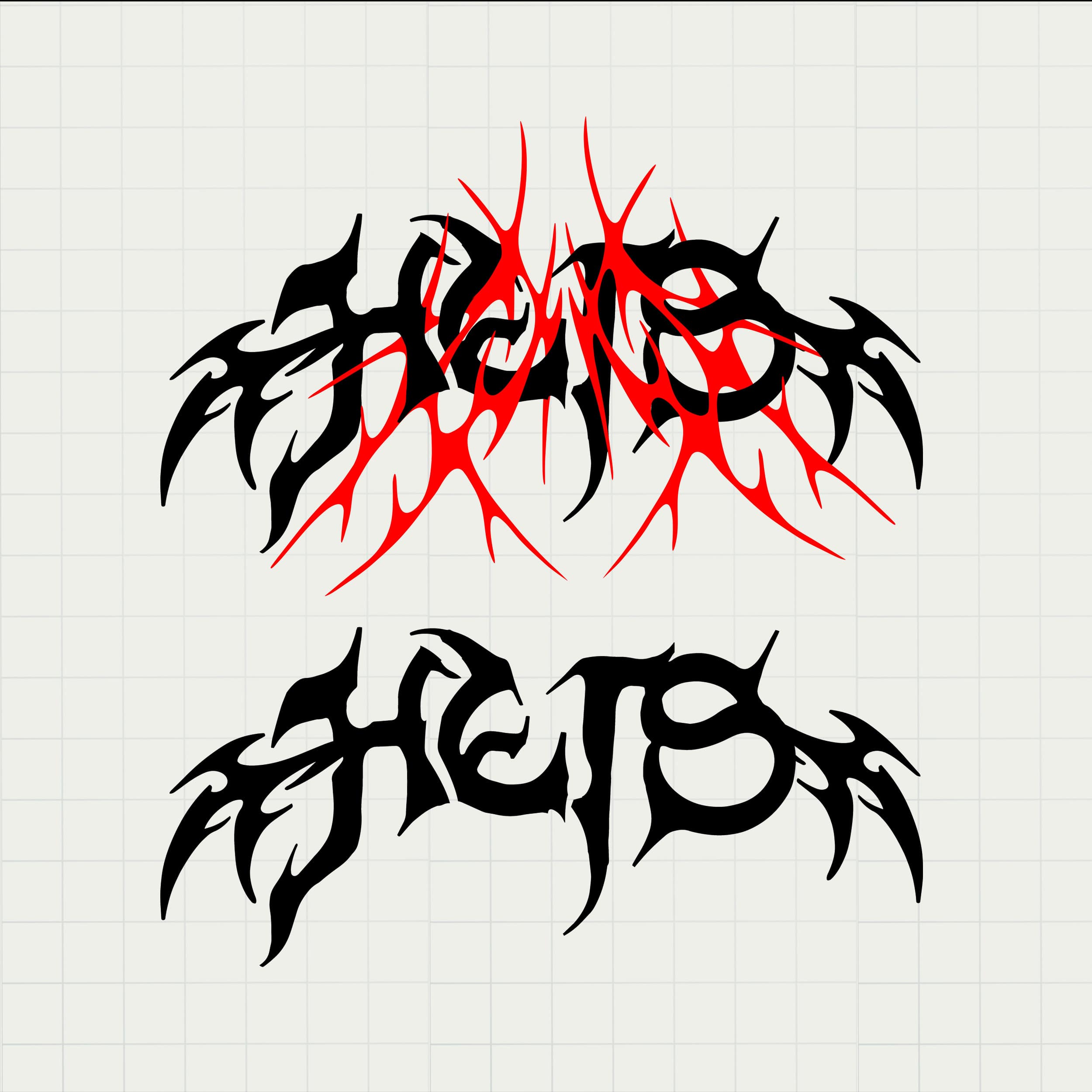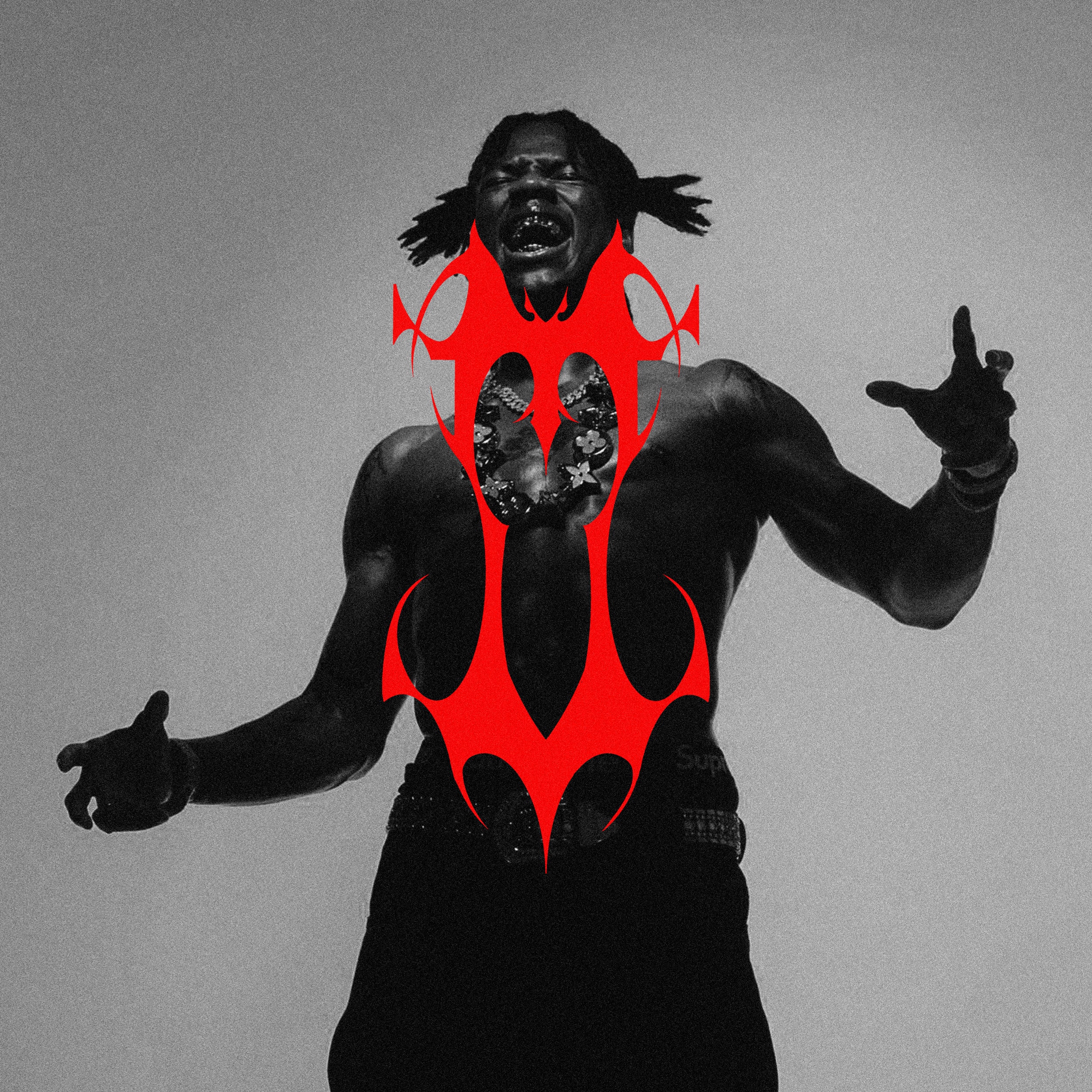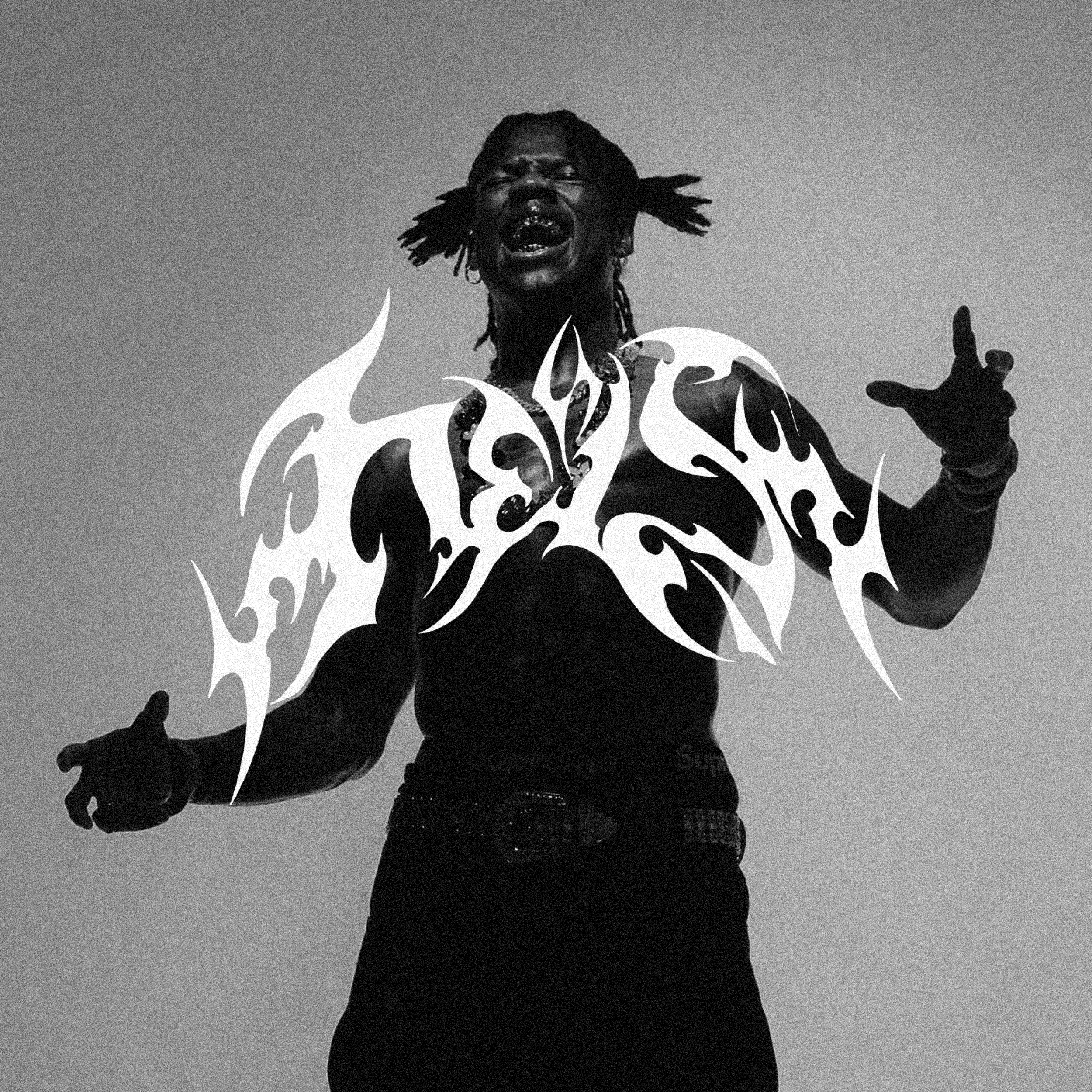NCVRD: How Niyi Okeowo and Tife Sonaike Created Rema’s ‘Heis’
This new logo and sonic exploration are just affirmations of what Rema has always been.
This new logo and sonic exploration are just affirmations of what Rema has always been.
Since his foot-thumping debut single, “Dumebi,” Rema has continuously reaffirmed himself as a transformatory artist with a decidedly distinct aesthetic. A craftsman unmatched by his contemporaries.
Introduced with a boyish look, marked by a Balaclava and saddled with a teddy bear, Rema, 18 at the time, made one of the most audacious entrances for a newcomer within Nigerian music. He released an eponymous EP, maintained omnipresence across airwaves and billboards across the country, and commandeered social media through freestyle videos and colourful visuals layered with youthful exuberance. It was the year of Rema, the self-proclaimed Prince of Afrobeats, and multi-disciplinary creator, Niyi Okeowo had a front row seat from day one. “I photographed one of Rema’s first images,” Okeowo tells me over a zoom call. “There are some popular black and white images I shot for him [back then].”

Okeowo is one of the most magnetic visual design voices on the continent, stacking up a portfolio that boasts heavyweights such as Adobe, Uber, LVMH, among many others. “We got the brief that [Rema] wanted something that would read the same, front and back [like a palindrome], but with gothic elements that would spell ‘he is,’” Okeowo recalls. “We worked on keywords and did a moodboard. I think the first thing we did was to sketch it on a bat, and then we just went back and forth from there.”

The “we” Okeowo refers to here is himself and illustrator, Boluwatife Osinaike, whom Okeowo describes as an illustrator that thinks like a designer. The pair have since formed a Batman-and-Robin-esque relationship fueled by their mutual love for design and research, amassing an artist clientele list that ranges from ShowDemCamp to Wizkid.
“We built on the logo, Tife started working on sketches, and Rema added some elements. We built it on riot imagery. Not riot like [an] actual riot; I don’t know if you know this movie, Athena? More like that kind of riot. We also noticed he had been leaning towards that anarchy, rager, and riot direction so it was a no-brainer. We had about seven versions of the logo. We did a 3D and Chrome version.”

Within the five years of his ascendance, Rema has explored multiple iterations of himself, morphing into an absolute showman that commands attention. The video for the monumental single “Bounce,” erased any doubts about his confidence, “Soundgasm” put to bed questions about his innocence, and, finally, his critically-acclaimed debut album ‘Rave and Roses,’ cemented his coming-of-age moment. Each of these eras were accompanied by a selection of carefully-crafted aesthetics; from hair to fashion to imagery.
When Rema charmed his way into our hearts in early 2023 with his sensational footwork and newly-found dance moves, it was a prelude to the anarchy-driven rodeo aesthetic that characterized his ‘Ravage’ EP and formed the cornerstone of the design experience at his O2 Arena headline concert.

Now in a goth-laden phase, which is loosely termed “opium” after Playboi Carti’s rap collective and their all-black aesthetic, Rema leaves a lot to the imagination as he ushers in a new era – and his new insignia further complicates that mystique. “I kind of suspected that whenever he would use it, it would be for the revealing of something,” Okeowo says assuringly, eventually adding that he was as surprised and excited as everyone else by the bat signal reveal of the logo.
So far, Rema has brought in his opium era with a kinfolk collaboration with Shallipopi, “Benin Boys,” and a polarizing song “Hehehe” that sees him breathe in experimental pockets like never before.

Illuminati allegations have lingered over the Benin boy as he steps confidently into this new phase, with fans drawing overarching occultic undertones from his grim aesthetic and logo. “I think people just need to realize that within the confines of art and literature, people are allowed to explore different ideas. Nigerians are allowed to have occult imagery. Art will always form an opinion, it’s either you hate it, like it or you are in the middle. I don’t think we should police art but we can put a lens on it,” Okeowo says, before highlighting the importance of art direction and the countless benefits of artists building their own universes like The Weeknd and Travis Scott have.

Although this new logo marks a fresh chapter for Rema both visually and sonically, he’s long embodied this essence well before “HE IS” was even conceived. This new logo and sonic exploration are just affirmations of what he’s always been.


